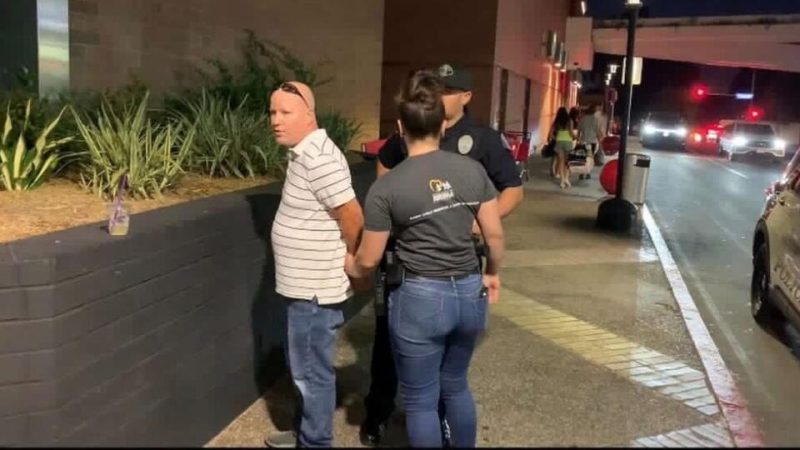What do Probation Officers do on Home Visits

Probation officers play a vital role in the criminal justice system, tasked with supervising individuals who have been placed on probation instead of serving time in jail. One of the key responsibilities of these officers is conducting home visits to check on the progress and compliance of probationers. These visits provide valuable insights into the lives of those under supervision and help probation officers ensure public safety while assisting individuals in reintegrating into society. In this article, we delve into the intricacies of what probation officers do during home visits, shedding light on their duties, challenges, and significance.
Understanding the Role of Probation Officers:
Probation officers serve as liaisons between the justice system and probationers, aiming to facilitate their successful rehabilitation and reintegration into the community. Their duties encompass various aspects, including assessing risks and needs, developing supervision plans, providing resources and support, and enforcing court orders. Home visits represent a crucial component of their job, offering firsthand observation of a probationer’s living conditions, lifestyle, and adherence to probation terms.
Preparation and Planning:
Before embarking on a home visit, probation officers engage in meticulous preparation. This involves reviewing case files, court orders, and probation terms to ascertain specific requirements and conditions. They also conduct risk assessments to evaluate potential safety concerns or hazards associated with the visit. Additionally, officers may gather relevant information from law enforcement agencies, community resources, or previous interactions with the probationer to inform their approach.
Engagement and Assessment:
During a home visit, probation officers engage in a multifaceted assessment aimed at gauging the probationer’s progress, compliance, and overall well-being. They establish rapport through open communication and active listening, fostering a supportive environment conducive to honest dialogue. Through observation and interaction, officers evaluate various aspects, including living conditions, employment status, substance use, mental health, and adherence to court-ordered requirements such as attending counseling or treatment programs.
Verification and Documentation:
Probation officers employ a systematic approach to verify the information provided by probationers during home visits. This may involve confirming employment status, contacting treatment providers, conducting drug tests, inspecting living conditions, and corroborating alibis or explanations for absences. Additionally, officers meticulously document their observations, interactions, and findings, maintaining comprehensive records that serve as evidence of probationer compliance or violations.
Enforcement and Intervention:
In cases where probation violations or non-compliance are identified during home visits, probation officers are tasked with taking appropriate enforcement actions. This may include issuing warnings, modifying supervision plans, imposing sanctions, or recommending court hearings for further review. However, officers also recognize the importance of intervention and support in addressing underlying issues contributing to non-compliance. They may collaborate with community resources, treatment providers, or support networks to offer assistance and facilitate access to necessary services.
Risk Management and Public Safety:
Central to the role of probation officers is the prioritization of public safety through effective risk management strategies. Home visits enable officers to assess and mitigate potential risks posed by probationers, such as substance abuse, domestic violence, or criminal behavior. By identifying red flags or warning signs early on, officers can intervene proactively to prevent recidivism and safeguard the community.
Challenges and Considerations:
Conducting home visits as a probation officer entails various challenges and considerations. These may include navigating potentially dangerous or hostile environments, managing confrontational situations, addressing cultural or language barriers, and balancing the need for accountability with compassion and support. Moreover, officers must contend with limited resources, caseloads, and administrative burdens that impact their ability to provide personalized supervision and assistance.
Conclusion:
Home visits represent a cornerstone of probation supervision, offering probation officers valuable insights into the lives and circumstances of those under their care. Through thorough assessment, verification, and intervention, officers strive to ensure compliance with probation terms, promote rehabilitation, and enhance public safety. Despite the challenges they face, probation officers remain committed to their mission of guiding probationers toward positive behavioral change and successful reintegration into society.






